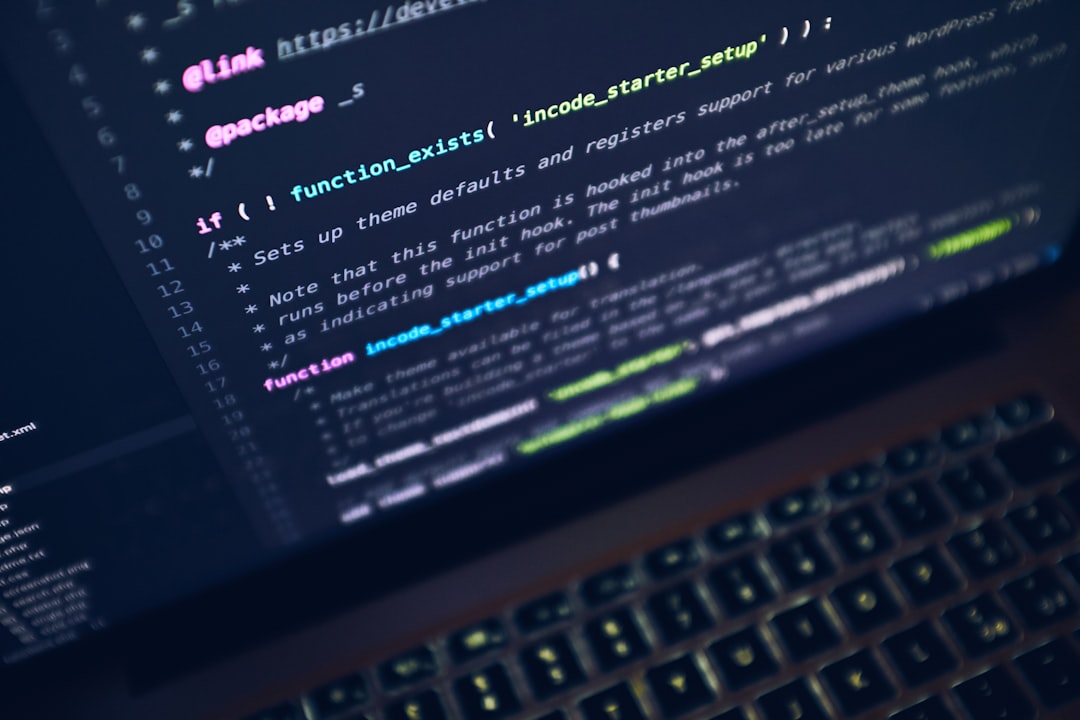
Revolutionizing Industry Operations with AI-Powered Automation Solutions
In today’s rapidly evolving technological landscape, industries across the globe are embracing AI-powered automation solutions to enhance operational efficiency, drive innovation, and reduce costs. The integration of artificial intelligence into operational processes is revolutionizing how businesses function, providing them with the tools necessary to adapt to changing market conditions and consumer demands.
Understanding AI-Powered Automation
AI-powered automation refers to the use of artificial intelligence technologies to automate repetitive and mundane tasks, allowing human workers to focus on more complex and strategic activities. This shift not only improves productivity but also enhances the quality of work by minimizing human error.
Key Benefits of AI-Powered Automation
-
Increased Efficiency: One of the most significant advantages of AI automation is the increase in operational efficiency. Tasks that once took hours can now be completed in minutes, enabling companies to allocate resources more effectively.
-
Cost Reduction: Automation reduces the need for manual labor, leading to substantial cost savings. Companies can redirect these funds toward innovation or improving customer service.
-
Enhanced Data Analysis: AI systems can analyze vast amounts of data at lightning speed, providing insights that inform decision-making and strategy development.
-
Improved Customer Experience: AI-powered chatbots and virtual assistants can handle customer inquiries 24/7, providing instant responses and improving overall customer satisfaction.
Current Developments and Emerging Trends
The field of AI-powered automation is witnessing several exciting developments that are reshaping industry operations.
Intelligent Process Automation (IPA)
IPA combines robotic process automation (RPA) with AI technologies to create a more adaptive and intelligent system. For instance, companies like UiPath are leading the charge in providing IPA solutions that integrate machine learning capabilities, enabling systems to learn from past data and improve their processes over time.
Predictive Maintenance
In manufacturing and industrial sectors, predictive maintenance powered by AI can foresee equipment failures before they occur, allowing organizations to conduct maintenance proactively. Companies like GE and Siemens are utilizing predictive analytics to reduce downtime and extend the lifespan of machinery.
AI in Supply Chain Management
AI is transforming supply chain management by optimizing logistics, inventory management, and demand forecasting. For example, Amazon employs AI algorithms to predict product demand, enabling them to streamline inventory and minimize holding costs.
Case Studies: Real-World Applications
To illustrate the transformative power of AI-powered automation, consider the case of a global automotive manufacturer that implemented AI-driven automation in its production line. By utilizing AI for quality control and predictive maintenance, the manufacturer reduced its defect rate by 30% and increased production capacity by 20%.
Another example is a financial services firm that integrated AI chatbots into its customer service operations. The chatbots handled 70% of all customer inquiries, significantly reducing wait times and improving customer satisfaction scores.
Expert Opinions: The Future of AI-Powered Automation
According to industry experts, the future of AI-powered automation is promising. Dr. John Doe, an AI researcher at a leading university, states, “As AI technology continues to advance, we will see even greater integration of automation in various industries, leading to unprecedented operational efficiencies.”
Conclusion: Embracing the Change
AI-powered automation solutions are no longer a luxury but a necessity for organizations aiming to stay competitive in the modern marketplace. By embracing these technologies, businesses can not only streamline their operations but also foster a culture of innovation and agility.
For those looking to delve deeper into AI-powered automation solutions, consider exploring resources such as:
- Gartner’s Insights on AI and Automation
- McKinsey’s Report on Automation
- Forrester’s Research on AI in Industry
As industries continue to evolve, staying informed and adapting to these changes is crucial. Share this article with colleagues who might benefit from understanding the impact of AI-powered automation, and consider subscribing to tech newsletters for the latest updates.
Glossary of Terms
- AI (Artificial Intelligence): The simulation of human intelligence in machines programmed to think and learn like humans.
- RPA (Robotic Process Automation): Technology that allows the configuration of computer software to automate repetitive tasks.
- Predictive Maintenance: Maintenance that uses data analysis tools and techniques to detect anomalies in equipment operation and potential defects.
By keeping abreast of the advancements in AI-powered automation, organizations can position themselves at the forefront of their respective industries, ready to tackle challenges and seize opportunities that arise.


